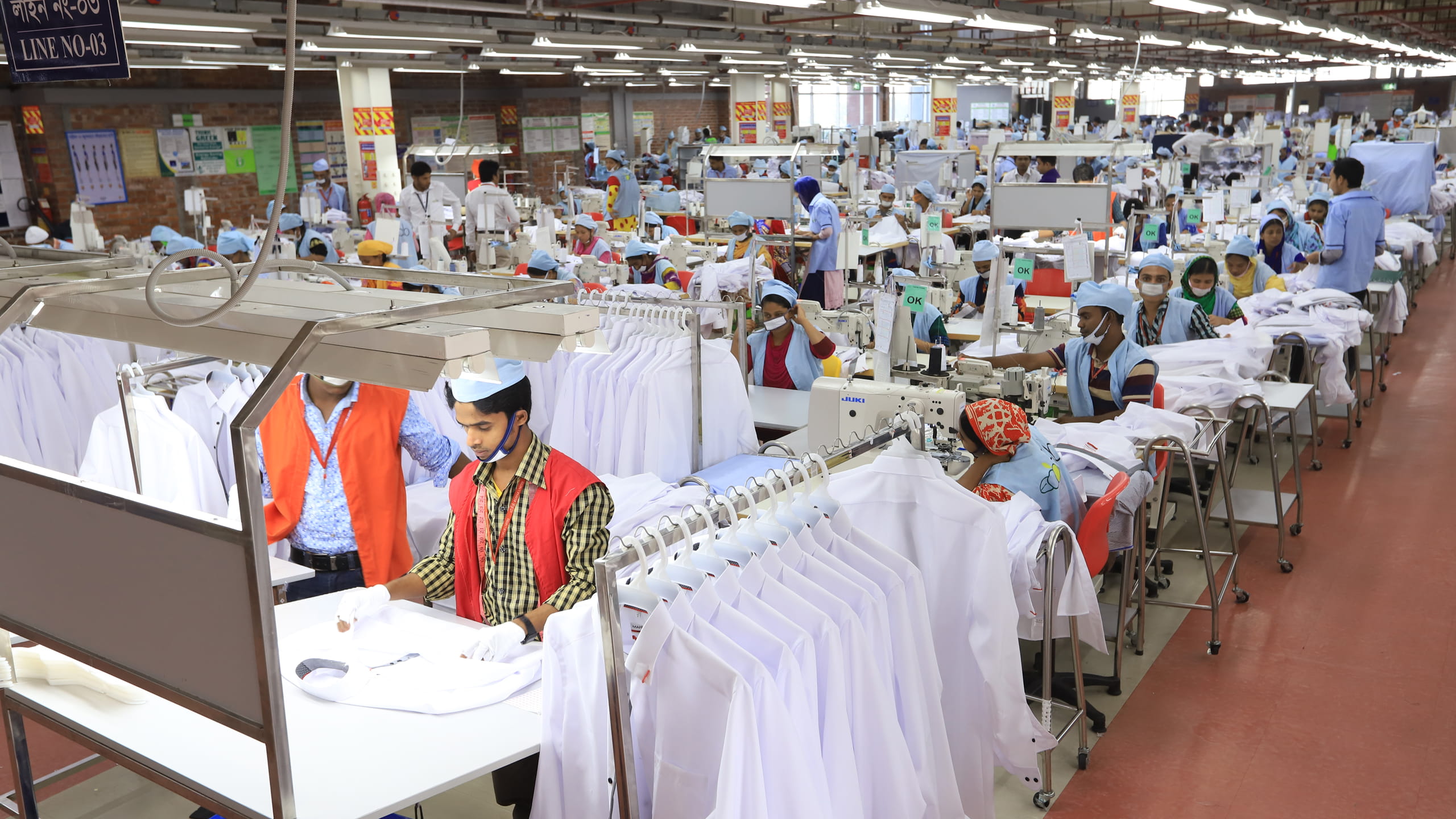
If you're running an export business or planning to get into one, you might have heard the buzz around blockchain technology. But is it just hype? Absolutely not. Blockchain is changing the way international trade works¡ªmaking things faster, more transparent, and a lot more secure. In fact, if you¡¯re going through any export business training, chances are blockchain is now part of the curriculum.
For Indian exporters, adopting blockchain isn't just a tech upgrade; it's a strategic move. Let's understand how.
What is Blockchain Technology?
In simple words, blockchain is a digital ledger that records transactions in a secure and transparent way. It doesn¡¯t rely on a single server but is distributed across multiple computers (called nodes), which makes it tamper-proof.
Each entry (or block) is time-stamped and linked to the previous one. This ensures the information cannot be changed without altering the whole chain¡ªwhich is practically impossible. So, whether it¡¯s tracking a consignment or verifying a trade document, blockchain ensures 100% transparency.
Why International Trade Needs Blockchain
Let¡¯s face it: international trade is complex. It involves multiple parties like exporters, importers, freight forwarders, customs, banks, and insurers. Paper-based processes and manual verification make it slow and error-prone.
Here are some challenges blockchain helps solve:
- Long documentation delays (LCs, invoices, bills of lading)
- Risk of fraud and forgery in trade finance
- Lack of visibility in logistics and shipping
- Corruption at various checkpoints
According to the World Economic Forum, blockchain could reduce trade documentation costs by up to 20% and shorten customs clearance times by 30-40%.
Key Applications of Blockchain in International Trade
a) Blockchain in Supply Chain Management
Imagine you export organic cotton bedsheets from India to Germany. With blockchain, you can create a digital record from farm to container. It proves authenticity, quality, and even ethical sourcing.
Buyers can scan a QR code and trace the entire journey. This builds trust and can even help you charge a premium price.
b) Blockchain for Trade Finance
One of the biggest pain points in export trade is getting paid securely. Blockchain allows the use of smart contracts¡ªself-executing agreements that release payment only when certain conditions are met.
Instead of waiting 10-15 days for banks to verify your documents for a Letter of Credit (LC), smart contracts can approve it instantly. This is already being tested in India-Singapore trade corridors.
c) Blockchain in Customs and Border Control
Indian Customs is exploring blockchain to digitise export procedures. This could mean:
- No more lost paperwork
- Faster bill of entry generation
- Quicker EDI (Electronic Data Interchange) between stakeholders
Some ports in China and Dubai are already using blockchain for real-time cargo monitoring. India is slowly catching up.
d) Blockchain in Logistics
Have you ever lost track of your container shipment or faced delays with no clear reason? With blockchain logistics platforms like TradeLens, you get real-time updates, alerts, and even document sharing between parties.
This is especially useful for:
- Cold chain exports (like pharma, seafood)
- High-value goods (electronics, diamonds)
Global Use Cases of Blockchain in Trade
- Maersk & IBM's TradeLens: One of the world¡¯s biggest shipping platforms using blockchain for 100+ ports worldwide.
- India-Singapore Blockchain Trial: Indian banks and exporters used blockchain for paperless cross-border LC transactions.
- Dubai Customs: They are aiming to shift all customs clearance to blockchain by 2030.
Benefits of Blockchain for Indian Exporters
- Faster Payments: Reduce waiting time for payment clearance.
- Less Paperwork: Digital records instead of couriering hard copies.
- Increased Trust: Buyers abroad trust verifiable, traceable supply chains.
- Compliance Friendly: Makes it easier to meet global certification standards.
According to a NASSCOM report, over 60% of Indian exporters believe digital transformation (especially blockchain) is key to staying competitive.
Blockchain Integration for MSMEs and Startups
You don¡¯t have to be a large enterprise to use blockchain. Many Indian platforms and trade portals are now offering blockchain services as SaaS (Software as a Service).
If you're an MSME or a first-time exporter:
- Check with your export business training provider about blockchain modules
- Explore partnerships with fintech startups offering blockchain-based invoicing
- Join platforms like TradeLens or IndiaChain
Even initiatives under Digital India and Startup India are offering grants for blockchain-based projects.
Challenges and Limitations
- High initial cost: Blockchain platforms charge for API integration
- Lack of awareness: Most small exporters still depend on agents and brokers
- Limited infrastructure: Not all customs or banks are blockchain-ready
- Regulatory grey areas: India is still developing full policy for blockchain in exports
But don¡¯t worry. Like every new technology, adoption will improve with time and support.
Government and Policy Support in India
The Indian government is slowly embracing blockchain. Here are a few efforts:
- DGFT has launched pilot projects on e-document exchange using blockchain.
- RBI is testing digital currency that can integrate with blockchain finance.
- Ministry of Commerce is studying blockchain for export incentives and GST credit refunds.
In the near future, blockchain might become a norm rather than a novelty.
The Future of Blockchain in Global Trade
The future looks promising:
- AI + Blockchain: For smart risk assessment
- Tokenised Trade: Trade using digital tokens backed by goods
- Decentralised Platforms: Peer-to-peer B2B exports without middlemen
With India aiming for a $2 trillion export economy by 2030, blockchain could play a pivotal role.
Conclusion
To sum it up, blockchain in export trade is not just a tech buzzword¡ªit's a revolution in the making. From supply chain transparency to faster payments, it solves real problems faced by Indian exporters.
If you're serious about growing in international trade, now is the time to explore blockchain. And if you're taking export business training, make sure it includes this emerging tech.
Want to stay ahead of the curve? Start small. Learn the basics. And watch how blockchain transforms your export journey.














